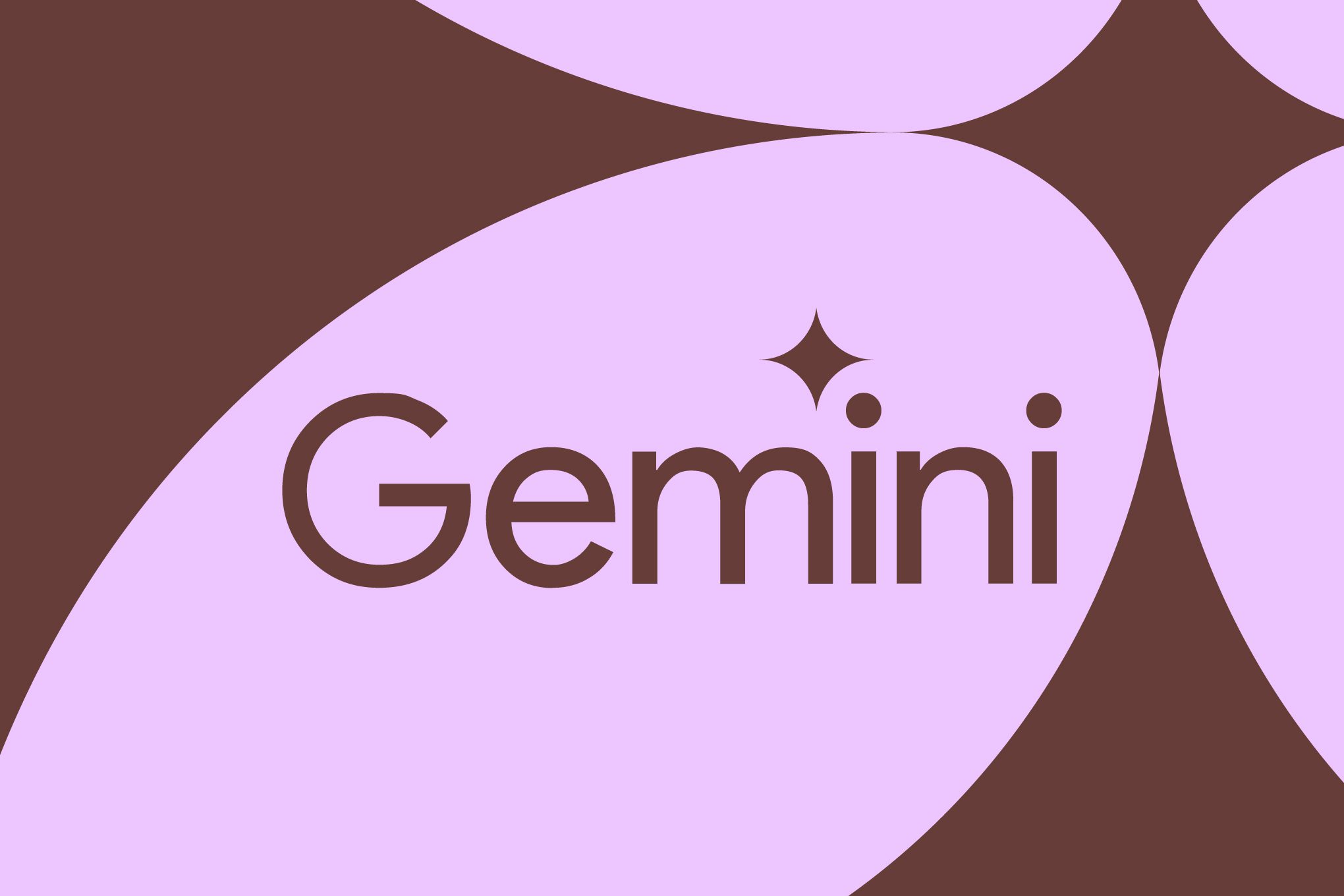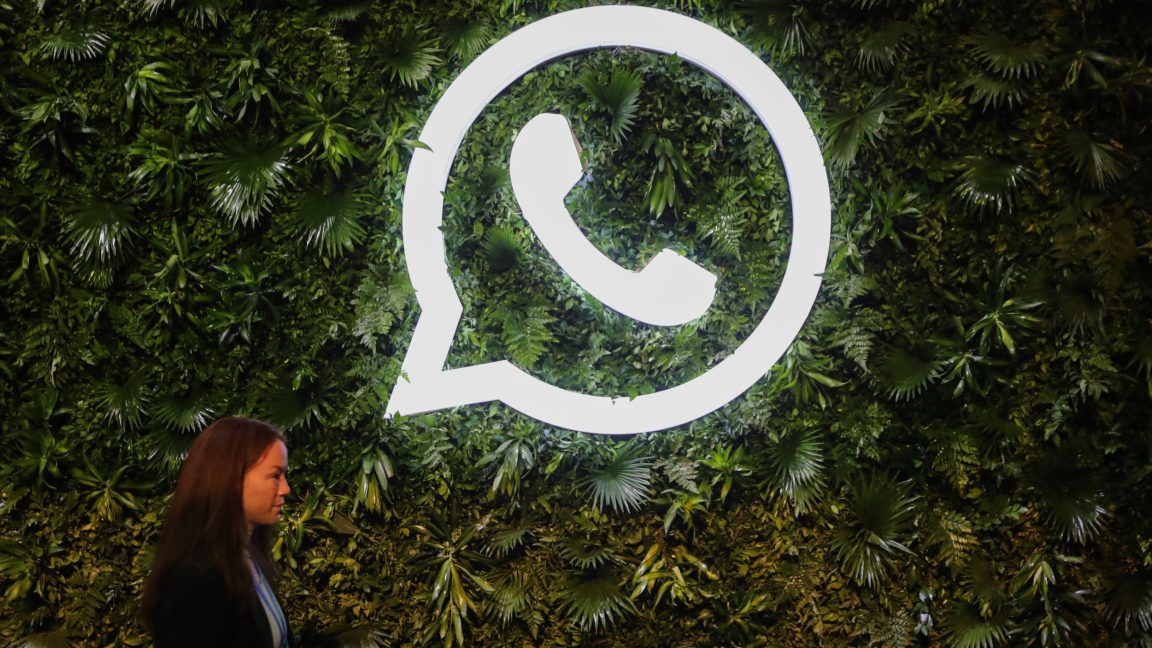
signal s first paid feature adds encrypted Signal has introduced its first paid feature, allowing users to create secure, end-to-end encrypted backups of their media and message history for a monthly fee.
signal s first paid feature adds encrypted
Introduction of Paid Features
Signal, the popular messaging app known for its strong commitment to user privacy, has announced the launch of its first paid feature. For a subscription fee of $1.99 per month, users will have the ability to create secure, end-to-end encrypted backups of their media history older than 45 days, as well as their text message history. This move marks a significant shift for the nonprofit organization, which has historically relied on donations and grants to fund its operations.
The Need for Secure Backups
The decision to introduce paid features stems from the inherent challenges associated with storing large amounts of data. Jim O’Leary, Signal’s Vice President of Engineering, addressed these challenges in a recent blog post, stating, “Media requires a lot of storage, and storing and transferring large amounts of data is expensive.” Unlike many tech companies that monetize their services through advertising and data sales, Signal operates under a different model. As a nonprofit organization, it is committed to protecting user privacy and does not collect or sell personal data. This commitment necessitates alternative funding strategies to cover operational costs.
Free Backup Options
In addition to the paid feature, Signal is also rolling out a free backup option. This free tier allows users to save media from the last 45 days and provides the ability to back up text messages beyond that period. However, users will be limited to saving only 100MB of messages on this free plan. O’Leary noted that this capacity should be sufficient for most users, stating, “We expect that will still be large enough for even heavy Signal users to back up the text of all of their messages.”
How the Backup System Works
The backup archives created through Signal’s new feature are designed with user privacy in mind. According to O’Leary, the archives are “stored without a direct link to a specific backup payment or Signal user account.” This means that even if someone were to gain access to the backup data, they would not be able to connect it to a specific user.
Recovery Key and User Responsibility
To access their backups, users will need a recovery key. This key is crucial for unlocking the backups, but it also places the onus of responsibility on the user. If a user loses their recovery key, Signal has made it clear that they will not be able to assist in recovering it. This policy underscores the importance of keeping the recovery key secure and accessible, as losing it could result in permanent loss of access to the backed-up data.
Daily Backup Updates
Once users enable secure backups, their devices will automatically create a new backup every day. This feature ensures that users’ data remains up-to-date without requiring manual intervention. The automatic backup process is designed to provide peace of mind, allowing users to focus on their conversations without worrying about data loss.
Availability and Future Plans
Currently, the backup feature is available in the beta version of Signal’s Android app. The company has indicated that a public launch, along with support for iOS and desktop platforms, is on the horizon. This expansion will likely enhance the user experience for those who rely on multiple devices for communication.
Future Enhancements
Looking ahead, Signal has plans to further enhance its backup feature. One of the anticipated improvements is the ability for users to save their secure backup archives to “the location of your choosing.” This flexibility would allow users to store their backups on external drives or cloud storage services, providing additional options for data management.
Implications for Users and the Market
The introduction of paid features by Signal has broader implications for the messaging app market. As privacy concerns continue to grow among users, many are seeking alternatives to mainstream messaging platforms that often monetize user data. Signal’s commitment to privacy, combined with its new paid features, positions it as a strong contender in the market.
Stakeholder Reactions
Reactions to Signal’s announcement have been mixed. Privacy advocates have generally welcomed the move, viewing it as a necessary step for the organization to sustain its operations while maintaining its commitment to user privacy. However, some users have expressed concerns about the introduction of paid features, fearing that it may alienate those who cannot afford the subscription fee.
O’Leary addressed these concerns, emphasizing that the free backup option remains available for users who may not wish to pay for the service. This approach allows Signal to cater to a broader audience while still generating revenue to support its operations.
Comparison with Competitors
In comparison to competitors, Signal’s approach to monetization is unique. Many messaging apps, such as WhatsApp and Facebook Messenger, rely heavily on advertising and data monetization. In contrast, Signal’s nonprofit model allows it to prioritize user privacy without the pressure to generate revenue through invasive practices. This distinction may attract users who are increasingly concerned about their data privacy.
Conclusion
Signal’s introduction of its first paid feature marks a pivotal moment for the organization and its users. By offering secure, end-to-end encrypted backups for a monthly fee, Signal is taking steps to ensure its sustainability while maintaining its commitment to user privacy. The availability of a free backup option further underscores its dedication to accessibility.
As the messaging app landscape continues to evolve, Signal’s focus on privacy and user control may set it apart from competitors. With plans for future enhancements and broader availability, Signal is poised to strengthen its position in the market while catering to the needs of privacy-conscious users.
Source: Original report
Was this helpful?
Last Modified: September 9, 2025 at 12:46 am
12 views















